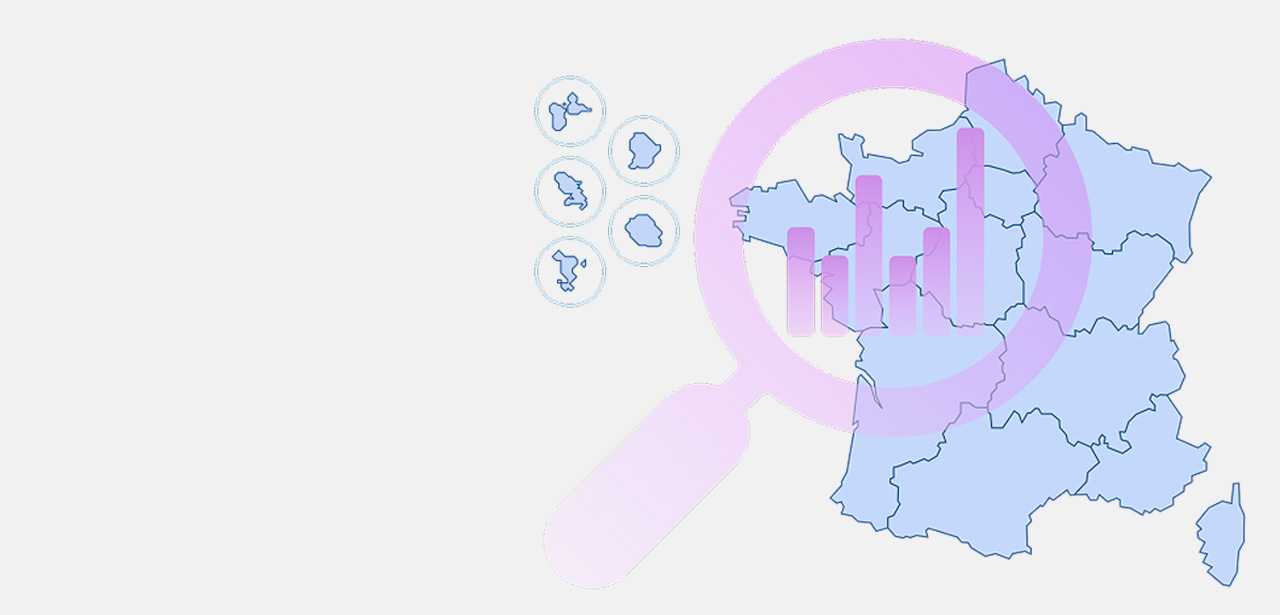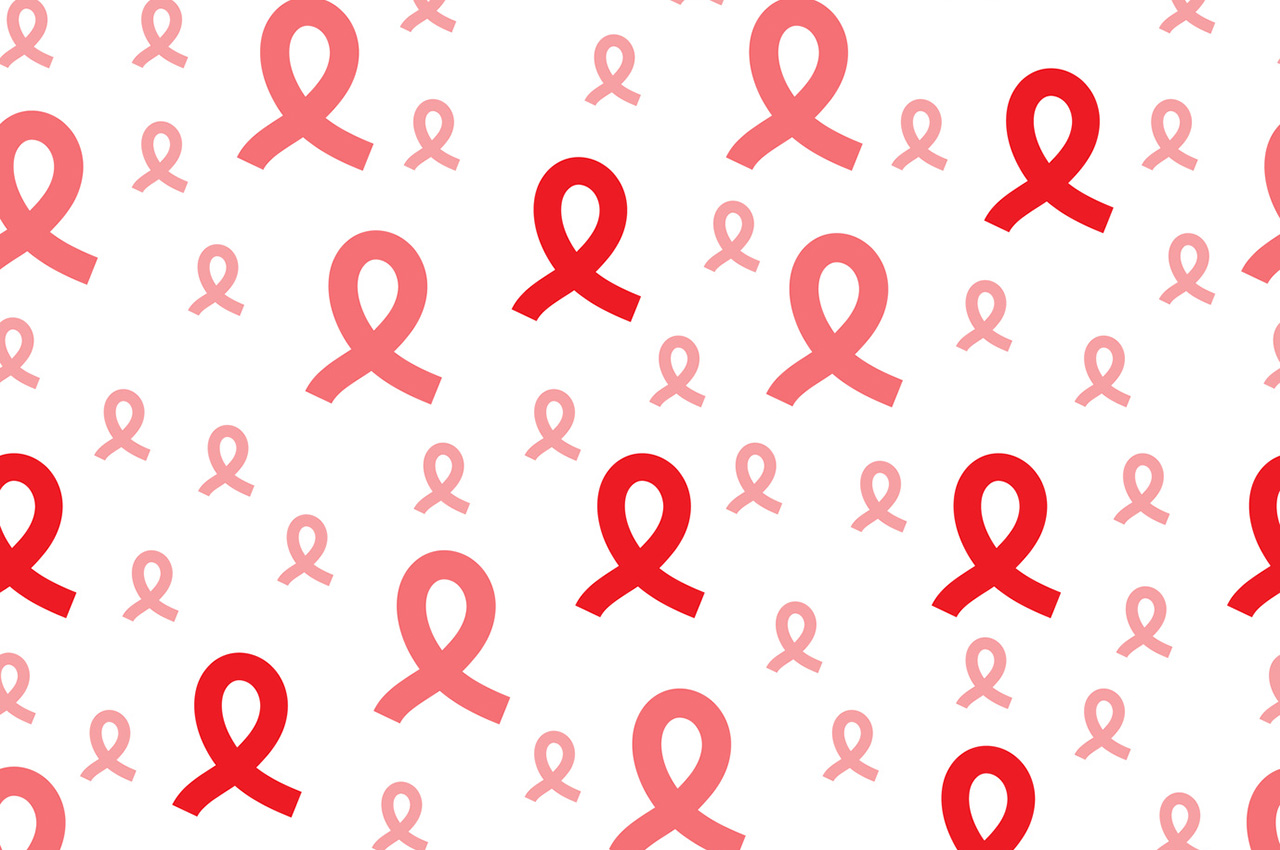BACKGROUND: Information concerning the impact of the COVID-19 health crisis on populations most affected by HIV and hepatitis C virus (HCV; or key populations [KP]), and those working with these populations in community settings, is limited. Community-based organizations working in the field of HIV and viral hepatitis are well placed to identify and meet the new needs of KP owing to the health crisis. OBJECTIVE: This study aims to describe the development and implementation of an exploratory and descriptive multicountry, community-based research program, EPIC (Enquêtes Pour évaluer l'Impact de la crise sanitaire covid en milieu Communautaire), within an international network of community-based organizations involved in the response to HIV and viral hepatitis. The EPIC program aimed to study the impact of the COVID-19 health crisis on KP or people living with HIV or HCV and people working with these populations at the community level (community health workers [CHWs]) and to identify the key innovations and adaptations in HIV and HCV services. METHODS: A general protocol and study documents were developed and shared within the Coalition PLUS network. The protocol had a built-in flexibility that allowed participating organizations to adapt the study to local needs in terms of the target population and specific themes of interest. Data were collected using surveys or interviews. RESULTS: From July 2020 to May 2022, a total of 79 organizations participated in the EPIC program. Across 32 countries, 118 studies were conducted: 66 quantitative (n=12,060 among KP or people living with HIV or people living with HCV and n=811 among CHWs) and 52 qualitative (n=766 among KP or people living with HIV or people living with HCV and n=136 among CHWs). CONCLUSIONS: The results of the EPIC program will provide data to describe the impact of the health crisis on KP and CHWs and identify their emerging needs. Documentation of innovative solutions that were put into place in this context may help improve the provision of services after COVID-19 and for future health crises. INTERNATIONAL REGISTERED REPORT IDENTIFIER (IRRID): DERR1-10.2196/45204.
Auteur : Delabre Rosemary M, Di Ciaccio Marion, Lorente Nicolas, Villes Virginie, Castro Avila Juliana, Yattassaye Adam, Bonifaz César, Ben Moussa Amal, Sikitu Ingrid-Zaïre, Khodabocus Niloufer, Freitas Rosa, Spire Bruno, Veras Maria Amélia, Sagaon-Teyssier Luis, Girard Gabriel, Roux Perrine, Velter Annie, Delpech Valérie, Ghosn Jade, Riegel Lucas, Rojas Castro Daniela
JMIR Research Protocols, 2023, vol. 12, p. e45204


